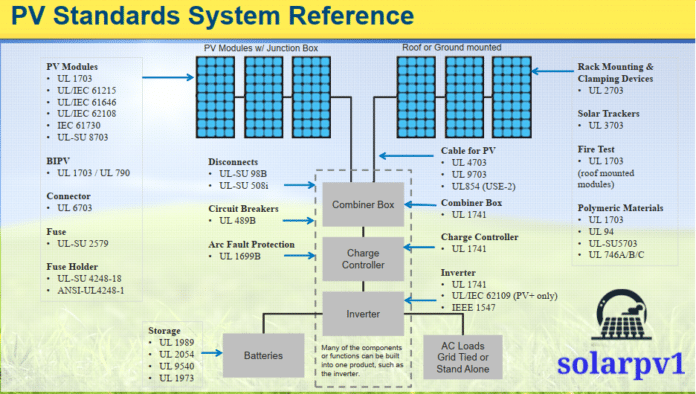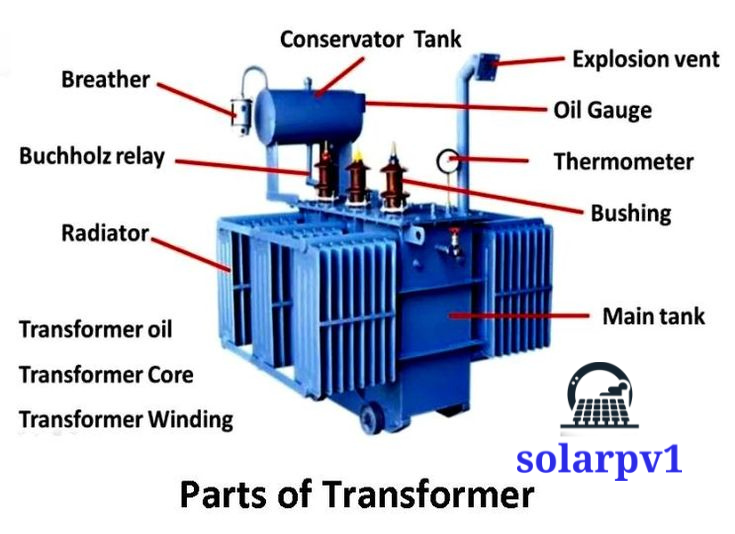Introduction to IEC Standards for Solar PV Systems
Solar photovoltaic (PV) systems have gained significant popularity in recent years as a reliable and sustainable source of energy. As the demand for solar PV systems continues to grow, it becomes crucial to ensure their safety, reliability, and compatibility with other electrical systems. This is where International Electrotechnical Commission (IEC) standards come into play.
What are IEC Standards?
- IEC is a global organization that develops and publishes international standards for all electrical, electronic, and related technologies. These standards are recognized and adopted by many countries around the world to ensure uniformity and compatibility in various industries, including solar PV systems.
- The Institute of Electrical and Electronics Engineers (IEEE) plays a pivotal role in the development and dissemination of standards that ensure the safety, reliability, and efficiency of electrical systems worldwide. Among its many contributions, IEEE’s standards for transformer testing are critical in maintaining the operational integrity of transformers, which are essential components in power distribution networks.
- Transformers, being fundamental to electrical systems, require rigorous testing to ensure they perform reliably over their operational lifespan. IEEE standards serve as comprehensive guidelines that cover various aspects of transformer testing, from design and construction to performance and safety. These standards are indispensable for manufacturers, engineers, and utilities, providing a common framework that ensures consistency and quality in transformer production and maintenance.
IEC Standards for Solar PV Systems
IEC has developed a series of standards specifically for solar PV systems, addressing various aspects such as design, installation, operation, and maintenance. Let’s take a closer look at some of the key IEC standards relevant to solar PV systems:
IEC 61215: Crystalline Silicon Terrestrial Photovoltaic (PV) Modules – Design Qualification and Type Approval
This standard specifies the requirements for the design qualification and type approval of crystalline silicon PV modules suitable for long-term operation in terrestrial environments. It covers aspects such as electrical, mechanical, and thermal characteristics, as well as reliability testing and performance evaluation.
IEC 61730: Photovoltaic (PV) Module Safety Qualification
IEC 61730 focuses on the safety aspects of PV modules. It provides requirements for the construction, testing, and marking of PV modules to ensure their safe operation. This standard covers various potential hazards, including electrical shock, fire, and mechanical stress, and sets criteria for testing and certification.
IEC 62446: Grid-connected Photovoltaic Systems – Minimum Requirements for System Documentation, Commissioning Tests, and Inspection
IEC 62446 addresses the documentation, commissioning tests, and inspection requirements for grid-connected PV systems. It provides guidelines for system design documentation, installation, commissioning tests, and periodic inspection to ensure the safe and reliable operation of the system.
IEC 61724: Photovoltaic System Performance Monitoring – Guidelines for Measurement, Data Exchange, and Analysis
This standard focuses on the performance monitoring of PV systems. It provides guidelines for the measurement, data exchange, and analysis of the performance of PV systems. Monitoring the performance of a PV system is crucial to identify any issues or inefficiencies and optimize its operation.
Benefits of Adhering to IEC Standards
Adhering to IEC standards for solar PV systems offers several benefits:
1. Safety: IEC standards ensure that PV systems are designed, installed, and operated safely, minimizing the risk of electrical hazards, fires, and other safety concerns.
2. Reliability: By following IEC standards, PV system manufacturers and installers can ensure the reliability and performance of their products. This, in turn, increases customer satisfaction and reduces the likelihood of system failures or underperformance.
3. Compatibility: IEC standards promote compatibility between different components and systems, allowing for seamless integration and interoperability. This is particularly important in grid-connected PV systems, where compatibility with the existing electrical infrastructure is crucial.
4. International Recognition: IEC standards are globally recognized and adopted by many countries. Adhering to these standards allows PV system manufacturers and installers to access international markets and build trust among customers worldwide.
IEC standards play a vital role in ensuring the safety, reliability, and compatibility of solar PV systems. By adhering to these standards, manufacturers, installers, and operators can enhance the overall performance and longevity of PV systems while ensuring the safety of users and the environment. It is essential for stakeholders in the solar PV industry to stay updated with the latest IEC standards and incorporate them into their practices to meet the growing demand for sustainable energy solutions.
Regards: Solarplant.online









